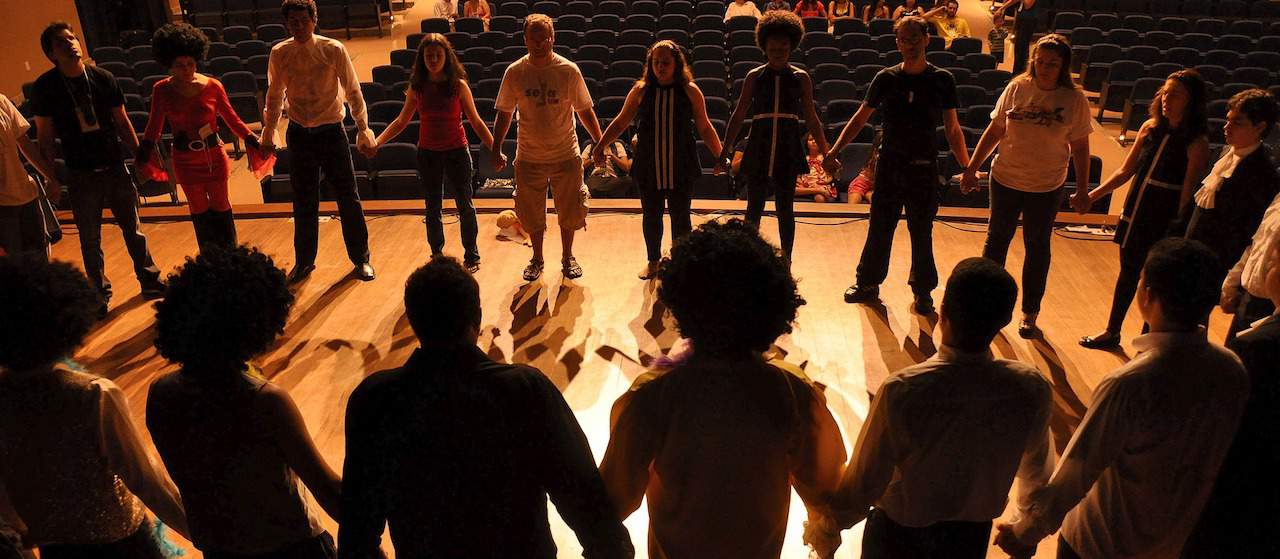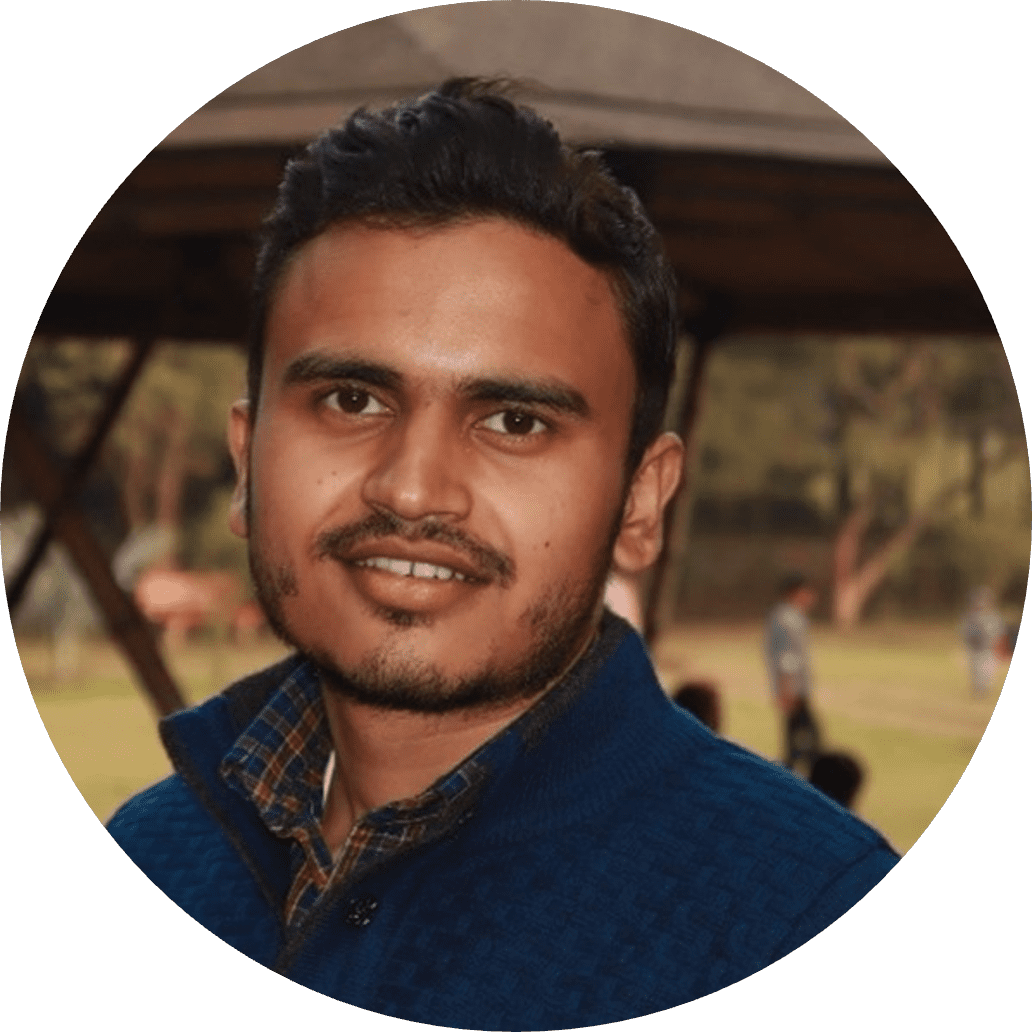
Advocacy is thrilling, satisfying and greatly empowering, especially for me as a person with a disability. However, it can also be draining and frustrating at times. We, as a disability community are not only politically under-represented but also under-developed and under-powered as well.
I see four main challenges, so far:
1) People see us as complainers, as negative and bitter beings.
Often, we are considered to be obsessed with self-pity. It acts as a resistance for many people with disabilities to ask for their rights without being apologetic. We need to form a cooperative network of activists who identify themselves as a part of a large community, whilst actively participating in common goals and aspirations.
2) Disability is Diverse.
There are many vastly different disability issues, all equally important but some are covered and talked about more than others. From ramps to sign language and employment opportunities to healthcare. There are wide range of issues to think about which makes it difficult to prioritize. This then causes millions of people with disabilities to feel ignored or sidelined.
3) Hierarchy within the Disability Community.
The communities and organizations are committed for full inclusion. However, on ground ideals, we are struggling to live up to these ideals. For example, the divide between physical disabilities and mental or cognitive disabilities is pretty evident. Moreover: race, gender, sexuality, education, wealth and other identities also play a huge role in generating strong division amongst disability communities.
4) Accessibility or disability issues are not sufficiently discussed and debated.
In India, I have never come across any political party or candidate saying anything about how inaccessible our buildings, education system, transportation and healthcare facilities are. There needs to be more conversation around these issues in order for there to be action and this applies to all countries to a greater or lesser degree.
What I (and we) should aim to do:
- Strive to bring thorough inclusion and unity within the disability community.
- Expand, collaborate and work together on other issues that aren’t exclusively disability related such as climate change.
- Remind ourselves: we are not fighting against each other. Their loss is not our win or vice-versa. We can all win together and that victory will be truly an inclusive one.
How ssstart is contributing to this
Our young organization Ssstart is based in New Delhi, India, and is dedicated to helping BIPOC with disabilities become leaders in interpersonal communication and community building worldwide, especially in the rural areas of the Global South. Ssstart is deeply rooted in my lived experience as a person who stammers growing up in poverty in India. Ssstart’s goal is to turn the societal perception of people with disability, especially those with speech impairments, from being seen as shy, anxious, and incompetent complainers to confident, courageous, highly skilled, and trustworthy leaders. Ssstart teaches social networking skills, inclusive event design, and facilitation skills through interactive, playful, and creative online and local events.
Currently, we are working with Marva Shand-McIntosh, a Black woman from Jamaica living in the USA, a speech-language pathologist, an international activist, and the director of the Global Listening Centre and founder of the global I Love to Listen Day, on a book and other teaching materials to provide BIPOC firstly with tools for leadership in communication, conflict management, and community building. We focus particularly on reaching the most underserved communities in rural areas in the Global South by designing our teaching materials, so they are low-cost in production, don’t require internet access, and can be easily translated into local languages.
Additionally, we are preparing a curriculum with the intersection of mental health and climate change. I feel both results from human beings’ lack of love and empathy and excess greed and selfishness.
Our stakeholders are, but are not limited to, teens from slums of Delhi with disabilities or exposure to domestic violence, poverty, bullying, and mental or sexual harassment. We have been able to touch the lives of 60 teenagers directly and 250+ youngsters around the world through our online mentorship sessions. Our social media reach has created an organic impression of 100,000 and followership of around 17,000 people across geographies.
What ssstart has planned
Ssstart is working on creating an e-book with stories, artwork, poems, and affirmations on empathetic listening from around the world. We believe listening is a superpower and a solution to exclusion, alienation, and discrimination against people from the margins of society. The e-book will be accessible, including an audiobook for which we are collaborating with black, indigenous, BIPOC, disabled, and queer artists. It will create a diverse environment with different cultural perspectives and respect for marginalized voices. Currently, we are planning contests for effective and patient listening. Braille and sign language will also be an integral part of this project. Within the framework of the contests our aim is to include the unspoken and untold stories of the exploited indigenous, tribal, disabled, women or queer people.
An article by Puneet Singh Singhal.
___
The views and opinions expressed in this article are those of the author and do not necessarily reflect the views of the Global Solutions Initiative.
Editor’s Note: This article was originally published in Shades of different. Compared to the original version, this article contains a few additions by the author.
___
The author is member of the extended circle community of the Young Global Changers program.
 Puneet Singh Singhal, India, is a person with an undiagnosed learning disability and stammering. He is a disability and accessibility advocate and founder of a nonprofit called ssstart working towards normalising speech and communication disabilities.
Puneet Singh Singhal, India, is a person with an undiagnosed learning disability and stammering. He is a disability and accessibility advocate and founder of a nonprofit called ssstart working towards normalising speech and communication disabilities.
